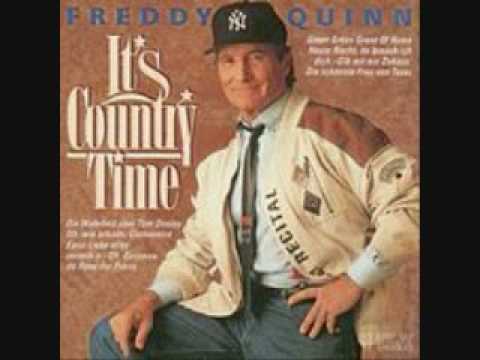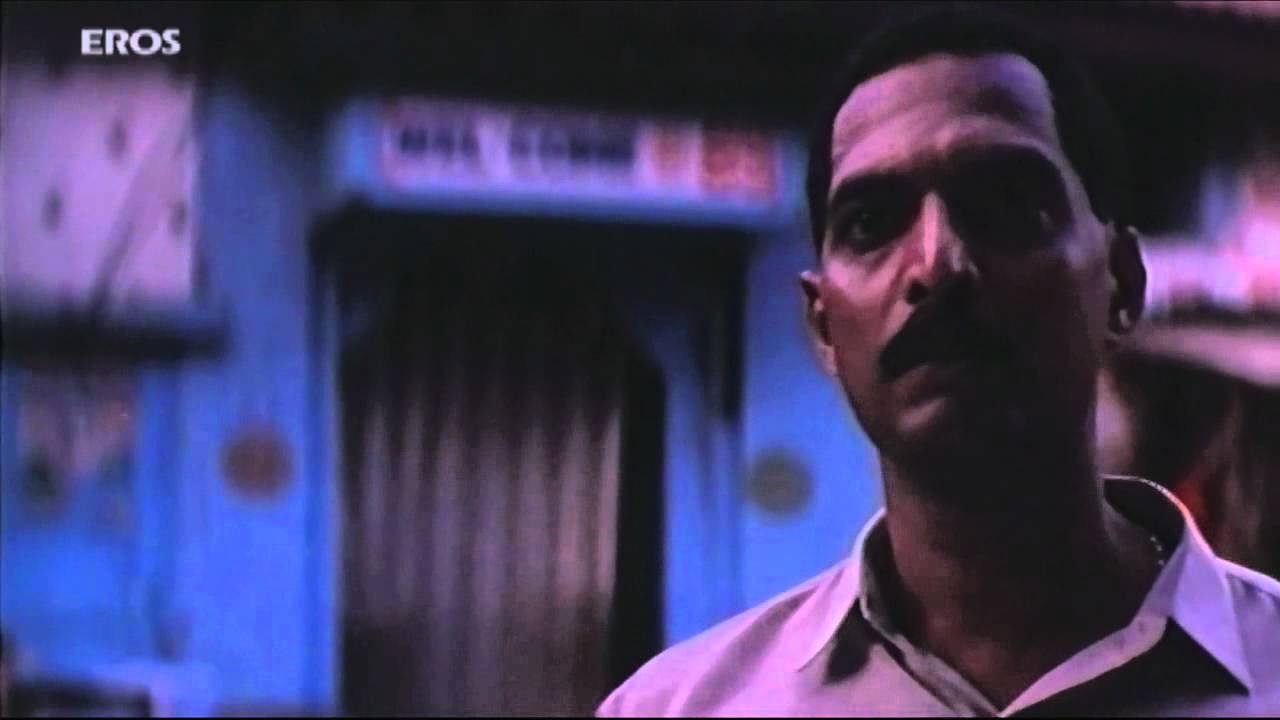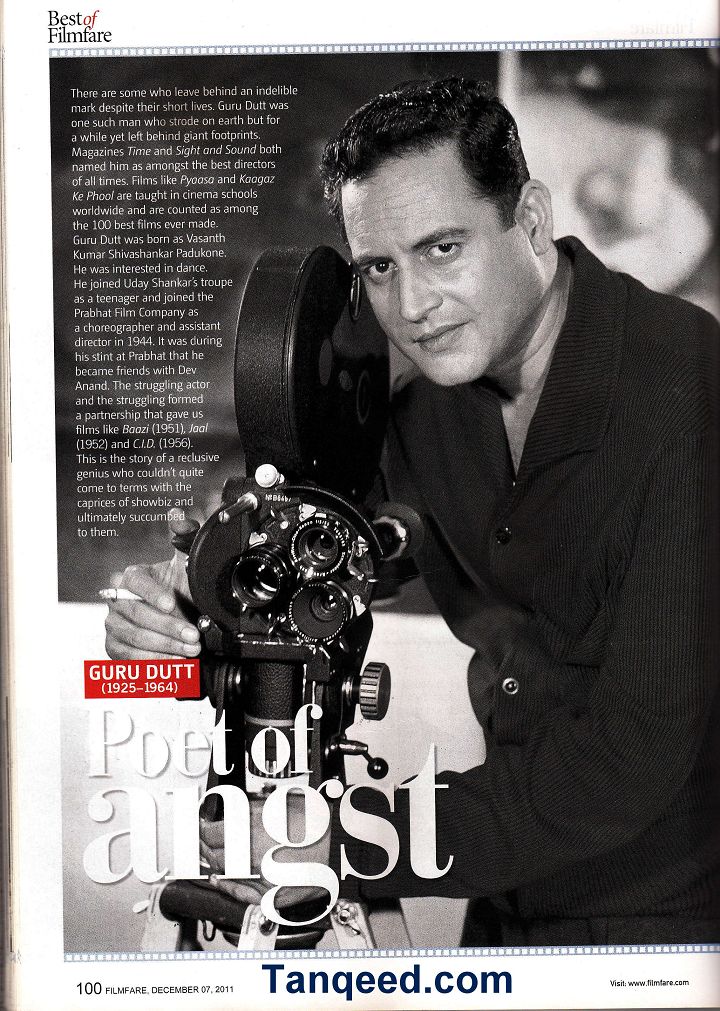“The debate about the state of film criticism has settled—or calcified—into two camps: traditional print critics claim the Internet has replaced expertise with amateurs, fanboys, and obscurantists. Web enthusiasts counter that we’re in a new golden age of film criticism and accuse the traditionalists of jealousy, resentment, and Ludditism. In other words: idealization of the past versus idealization of the present; resolution via what Pauline Kael once referred to as “saphead objectivity.” Screw that.
Each side’s view may be equally rosy, but that doesn’t mean each can make an equal claim. I’ve been a film critic on and off for twenty-five years and have been lucky enough to take part in the tail end of the best era of print film criticism and the beginning of the Internet, when it seemed like the Web would be the new delivery system for the kind of writing that was starting to be imperiled in print. My experience tells me that not only was film criticism in better shape in the print era, but good work stood a greater chance of making an impact. Only a fool would say that there’s not good work being done on the Internet. But the nature of the medium, the way it has reshaped journalism and public discourse, makes it harder for that work to matter. In its contribution to the ongoing disposability of our cultural, political, and social life, in encouraging the cultural segregation that currently disfigures democracy, the Internet has to bear a great deal of responsibility for the present derangement of American life.”
“Publicly, film critics for established online publications will say that the Web has given a new home to film criticism. Off the record, many of those same critics will tell you their jobs depend on securing advertiser-pleasing hits by lavishing coverage on the worst of what’s out there, especially the superhero and fantasy movies. Editors hope to attract hits by feeding into a movie’s prerelease hoopla. What a critic actually thinks about the movie is often drowned in the ongoing publicity deluge. If a publication’s critic declines to join in the publicist-generated excitement over The Green Lantern or the fifth Pirates of the Caribbean, the editor can always find a writer, usually a young one looking to get a byline, to whip up the mindless sort of “Five Great Superhero Movies” list that guarantees traffic. Editors then point to the number of hits generated by this as proof that what the readers really want is coverage of the big movies—whether or not there’s been coverage of anything else to choose from. All this deprives critics of one of the main functions of their job: to alert readers to different kinds of work. And because maintaining advertising dollars depends on keeping the clicks coming, it’s easy for even good editors to make their publication a tool of the studio publicists.”
“Part of the problem is the thing often cited to prove the strength of film criticism: the sheer number of people online who are doing it. But to use this as evidence of a new golden age is simply to play a new version of equating how good a movie is with its box-office receipts. There are too many critics writing too many pieces. And even the ones who have reacted against the shallowness of the current conversation, the ones who turn out long, detailed considerations of films have found a way to make themselves close to irrelevant. You can understand why a young critic would want to show off what he (and it’s almost always a “he”) knows. That’s part of a how a young critic gets noticed. But too many Web critics affect a donnish air ludicrously beyond their years. Whatever movies are for them—objects for analysis or gnostic contemplation—they don’t sound as if they’re any fun, and they don’t communicate to readers that movies, even difficult or unusual movies, can be a pleasure. A lot of the time they don’t communicate to readers at all.”
“It’s much easier to brand people as philistines or to chatter among a small, select group that agrees with you than to make a case to readers that they should seek out something that might at first seem off putting to them. It’s certainly an admission of having no interest or no belief in the possibility of movies as a popular art form. The reaction to Kois was a sustained example of bullying masked as erudition. And though many of these critics would be appalled to hear themselves described as fanboys, this is what they often seem in their adherence to hive mentality. It doesn’t matter whether you’re defending The Dark Knight or The Tree of Life if you declare the people who don’t share your enthusiasm incapable of appreciating movies.”
“THIS “LIVELY forum” or “spirited debate” or whatever euphemism is now used for online bullying has always been defended by the claims that balance would be restored as reasonable respondents came in to counter the blowhards. Bullet wounds can be stitched up as well, but the damage is already done. “Communication,” the virtual reality pioneer, Jaron Lanier writes in his essential book You Are Not a Gadget, “is now often experienced as a superhuman experience that towers above individuals. A new generation has come of age with a reduced experience of what a person can be, and of who each person might become.”
That kind of divisiveness is what digital culture has come to specialize in on a much broader and insidious scale—and what gets held up as proof of the Web’s democratizing influence. The same progressives who bemoan the way Fox News has polarized political discourse in America, masquerading as news while never troubling its followers with anything that would disturb its most cherished and untested convictions, happily turn to the satellite radio station of their preferred genre or subgenre of music or seek out the support group or message board that fits their demographic, the political site that skews their way. Entering the realm of the other seems done solely to express rage.”






